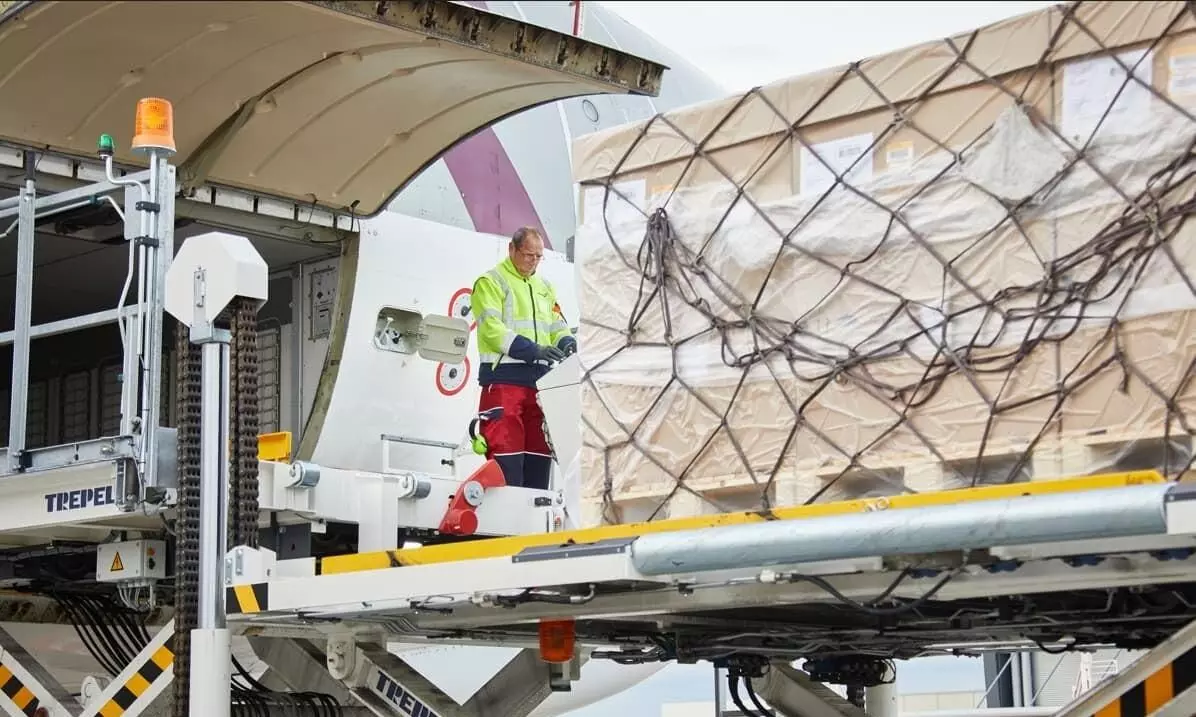
Air cargo market will remain buoyant in H22024: Xeneta
Strong e-comm demand & narrowing spread between air/ocean rates drove air cargo spot rates to highest levels in July

Global air cargo demand increased 12 percent year-on-year in the first seven months of 2024. "This came as a surprise compared to October 2023 when forecasts suggested growth of between one-two percent, with inventory destocking, high inflation and elevated interest rates dampening consumer demand and global trade," says the latest update from Xeneta.
The demand surge in the first seven months of 2024 was a result of fast-rising cross-border e-commerce demand from Asia, disruptions in ocean shipping disruptions due to the Red Sea crisis, a broader general cargo demand increase driven by high-tech semiconductors for high-performance computing and the AI boom, and a low comparison base from last year, the update added.
If the strong demand seen in the first seven months of 2024 continues, air cargo demand for the full year is on track for double-digit growth.
In the first seven months of 2024, global air cargo supply increased only four percent, especially from the outbound Northeast Asia market. "However, growth momentum slowed from seven percent year-on-year in January to just two percent in July.
"With widebody aircraft deliveries slowing due to supply chain issues and conversion capacity constraints, growth momentum will likely be muted for the rest of 2024, aligning with the two-four percent supply growth expected for the full year 2024."
Due to the supply/demand imbalance, global air cargo spot rates have been increasing during the traditionally slack summer period, which typically sees falling or flat rates, the update added.
"Strong e-commerce demand, ocean shipping chaos due to the Red Sea crisis, and a narrowing spread between air and ocean freight rates drove air cargo spot rates to their highest levels in July 2024."
In the near term, the air cargo market will remain buoyant as spot rates (valid for up to one month) stay above seasonal rates (valid for over one month), with a widened gap, the update added.
Air cargo stakeholders have shown increased interest in longer-term contracts but the motivations for doing so may be evolving. "For instance, over six-month contracts signed by shippers with freight forwarders increased from 41 percent in Q32023 to 54 percent in Q2 2024. The longer-term contracts signed before January are likely a reflection of the anticipated calmer market. However, the increased interest in longer term contracts after early January is mostly triggered by surging cargo demand from e-commerce and Red Sea disruptions.
"Far from it being a calm market, freight buyers are eager to lock in their rates for the Q4 peak season before the market escalates further amid the threat of a squeeze on available capacity."

